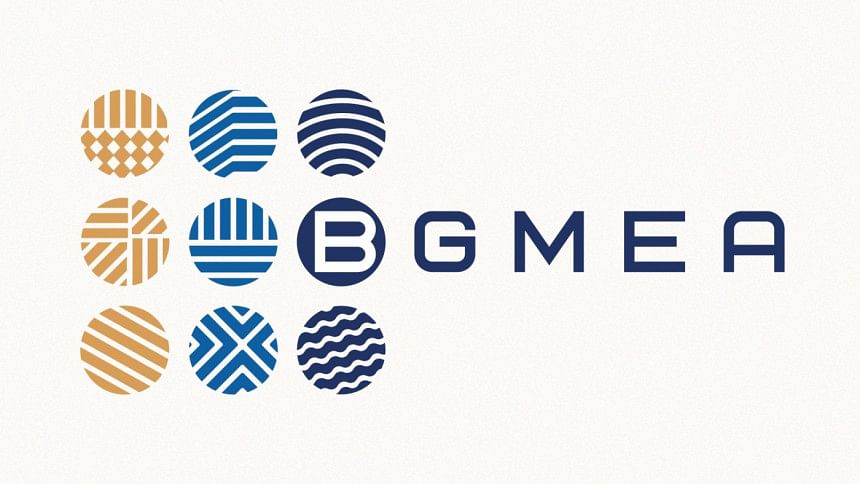New RMG Wage: Some global retailers agree to pay more

Some international clothing retailers and brands have already agreed to pay more to their respective suppliers to absorb an increase in wages, the Bangladesh Garment Manufacturers and Exporters Association (BGMEA) said yesterday.
"It's quite encouraging that we have received formal letters from a few brands confirming their position to pay a price that absorbs the increase in wages," BGMEA President Faruque Hassan said in a statement to journalists and factory owners through WhatsApp.
He said they had received assurances from all of those retailers and brands that they would support the factories in implementing the new wage rate.
As per the gazette notification, the new wage has come into effect from December 1, 2023 and the workers will start drawing the new wages at the beginning of the new year, meaning from January 2024, said Hassan.
"And we have constantly urged the buyers to up-charge the price for all the orders being negotiated from 1 December 2023," said Hassan.
"Therefore, I would encourage you to communicate with your buyers so that the price covers the additional amount caused by the wage increase, and you may use my letters to the buyers as reference," he said.
"I would also humbly urge you to kindly make sure that no orders are accepted below the break-even cost, please, for the greater interest of our industry and its sustenance," he said.
Hassan suggested that owners and factory management be more innovative and take a value-added approach.
"We need to carefully evaluate our future investments and expansion plans, while we also need to find new areas of growth and opportunities if we are to sustain in the longer run," he added.
In the statement, he said the 2023 was a significant year for the garment industry of Bangladesh for several reasons.
The global economy and trade were already facing challenges from war, supply chain disruptions, inflation and many other adversities, with the Israel-Hamas conflict and the fight against inflation being some of the major challenges, said Hassan.
"We have seen that the advanced economies increased their interest rates to curb inflation, which has pushed the mortgage rate up as well, affecting consumers' spending power and retail sales," he said.
This has adversely impacted the price level on the global scale, as shown by the official unit price data by Eurostat and Otexa for January-October 2023 for Bangladesh, he said.
During the first 10 months of 2023, the import of clothing by the US and EU fell significantly, said Hassan.
During the January-October period of 2023, the global import of clothing by the US declined by 22.71 percent in value and 23.80 percent in quantity and by the EU declined by 13.14 percent in value and 16.74 percent in quantity, he said.
So, given the fact that the global import has slowed and the unit price is falling compared to last year, the year-end global clothing trade for 2023 will fall short of the level of 2022, he said.
"With all the positive hopes and vision, the reality is that we have to pay as per the new minimum wages from the beginning of the new year of 2024," he said.
"This is going to be quite challenging; we have to implement it fully in due time. You are aware that the final gazette of the minimum wages of the garment workers was published by the government on 20th December 2023," he said.

 For all latest news, follow The Daily Star's Google News channel.
For all latest news, follow The Daily Star's Google News channel. 



Comments